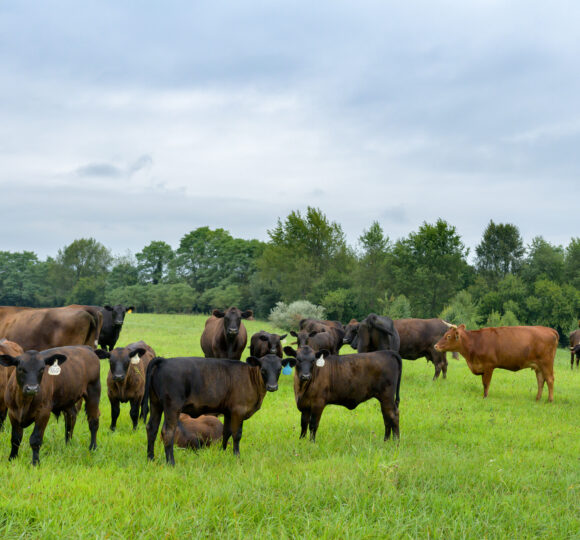Farm commodity programs represent the heart of U.S. farm policy. The 2002 farm bill establishes farm income support and commodity price support programs for the 2002-2007 crop years. About 25 commodities representing a third of gross farm sales qualify for support. Five crops (corn, wheat, cotton, rice and soybeans) account for over 85 percent of government commodity payments to farmers.
The 110th Congress will be making decisions about a new farm bill, and the Administration has issued its own recommendation. Planting flexibility, payment limits, and revenue counter-cyclical payments are key issues currently. The question is whether to continue with the current system or adopt different approaches in response to federal spending constraints, economic conditions, legal challenges from international trade agreements, and equity considerations.





